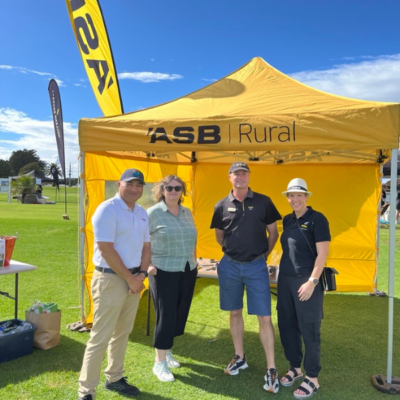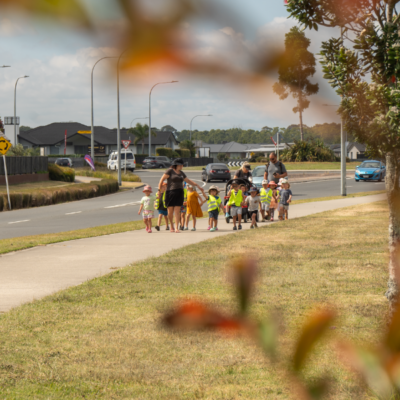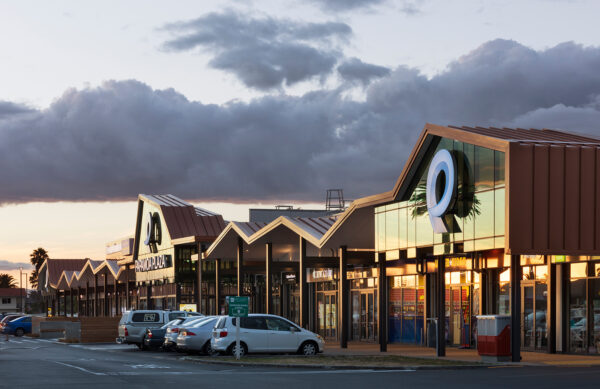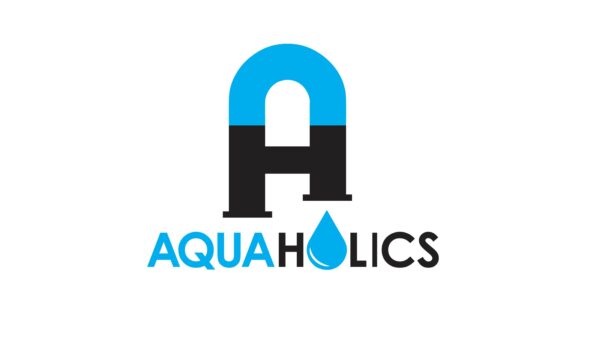In the past few weeks, the Government has made significant changes to the tax legislation, including the recent announcement of an additional $3b in support for small business.
But is this as good as it seems?
Sybrand van Schalkwyk, Tax Director at Baker Tilly Staples Rodway Tauranga Limited, comments on the recent changes and the FBT implications for businesses.
If only we could erase some days for tax purposes
I remember reading somewhere that some people think the dark ages never existed. The basis for that is that when our current calendar was evolving a few days were missed. Somehow that meant that the calendar jumped forward by 300 years or so, and that is why we don’t have any history recorded for that time.
If only we could do the same for this present time. In other words, if only a law could be passed erasing the dates from when level 4 lock-down started to when it finishes, then many problems would disappear as well, although I am sure it would create others! Unfortunately, the days are not being erased (although for those in isolation they all feel like one long day) so therefore, we must deal with days where many people really couldn’t do anything.
Fringe benefits may not arise where there is no benefit because of the lock down
The Income Tax Act often taxes people where they can use things instead of being paid. A good example of this is where a company owns a motor vehicle and it allows its employee to use that vehicle personally for no charge. Tax is levied based on this availability in the form of a tax known as fringe benefit tax or FBT. However, where the car cannot be used, because we are in lock-down, then FBT should, in theory, also not apply. Our view is that doing nothing in this regard would still result in FBT being payable on the motor vehicle during this time, because it would technically still be available for use. The employee could use it to drive to the supermarket.
However, if the company were to write a letter to the employee telling them that they are not allowed to use the vehicle during lock down, and to store the vehicle at their house for security purposes, then it may be that FBT does not have to be paid on the vehicle either. Obviously, everyone’s circumstances are different. Some employees may have another car to use, but some may not. It may therefore not be practical to restrict the use of the vehicle in some cases, but in others it would be. We recommend you look at this for your circumstances if applicable.
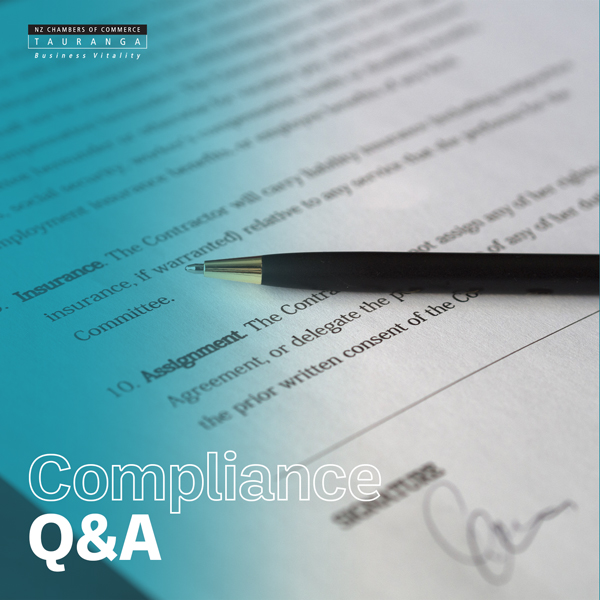
Other changes being announced
There are a raft of tax changes coming out at present. The main change for which not much detail is currently known is the proposal to allow losses to be carried back. Losses are able to be carried forward to later years, but currently in NZ, losses cannot be carried back. This could result in strange outcomes. For example, a business which does very well for the 2020 year but then makes a loss for the 2021 year. Over the two years they may have made no profits, but they would have paid tax on the income in the 2020 year, which seems unfair.
The loss carry-back rule would allow the 2021 loss to be carried back to the 2020 year, which may mean that provisional tax paid for 2020 can be refunded. For those businesses having to pay provisional tax on 7 May 2020 for the 2020 year, this change may be important. Unfortunately, very little detail is currently available regarding this, but legislation is expected on 27 April, so watch this space.
There is a raft of other changes which may be good to keep an eye on. The IRD website will continually update with these, as will the COVID-19 news section on our website www.bakertillysr.nz.
Disclaimer: This is not intended as advice. Please do not rely on it as such. Seek professional advice for your circumstances. Baker Tilly Staples Rodway Tauranga Limited accepts no liability whatsoever for reliance placed on any ideas discussed in this article. You can contact the author on sybrand.vanschalkwyk@bakertillysr.nz



